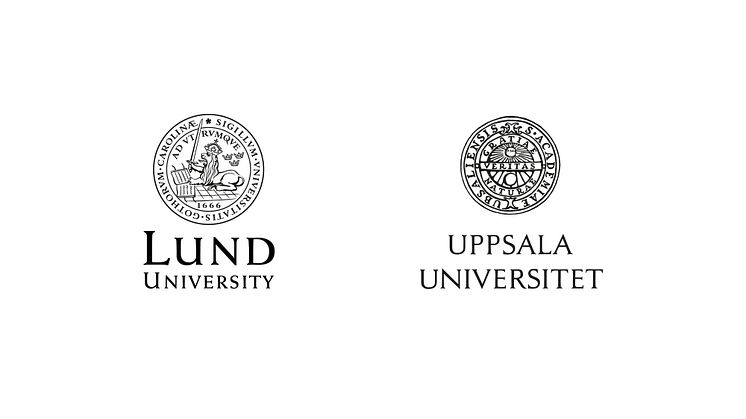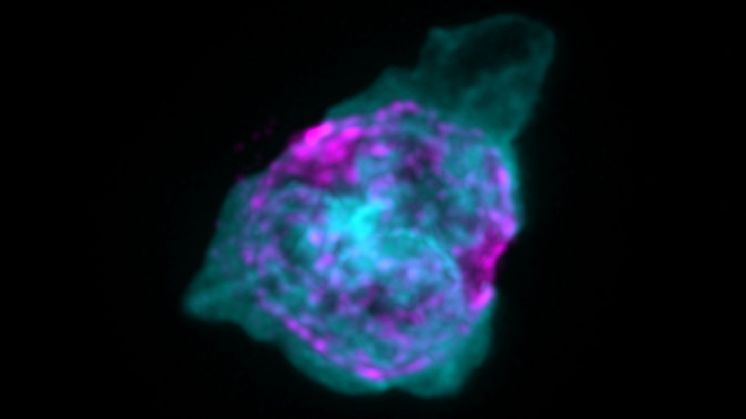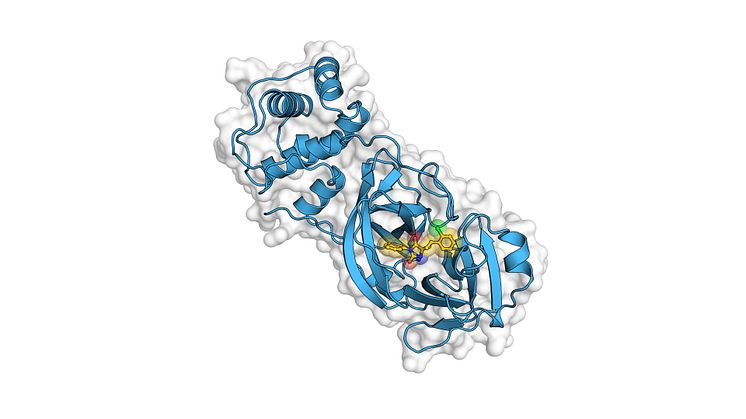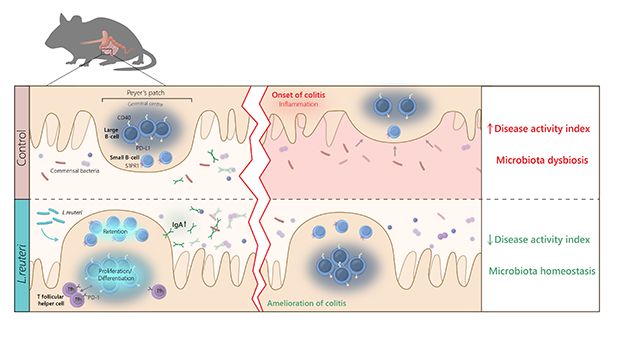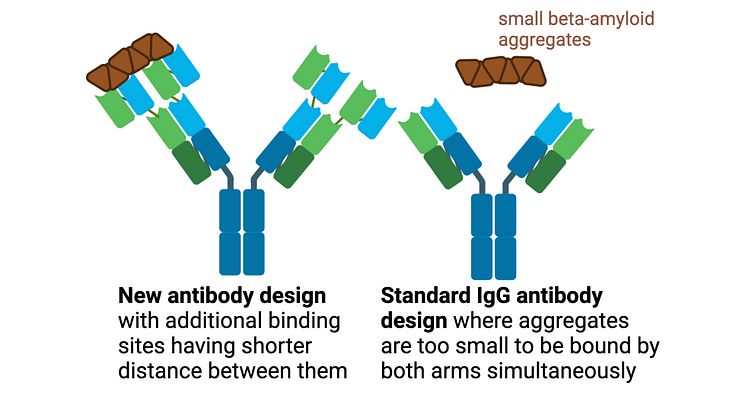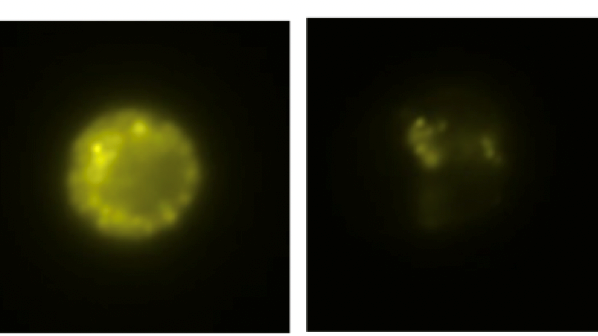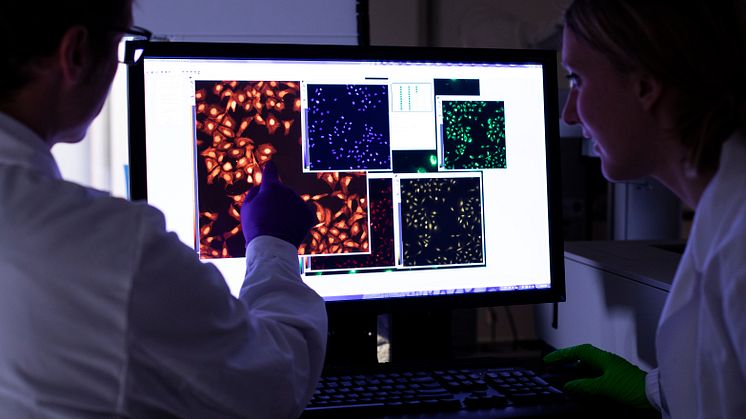MS patients with higher B cell counts have a better vaccine response
MS patients treated with Rituximab have better responses to the COVID-19 vaccine if they have higher B cell counts. This is the finding of a study from Uppsala University published in the journal JAMA Network Open. In patients with B cell counts of 40/µL (microlitres) or more, 9 of 10 patients developed protective levels of antibodies, while significantly fewer with lower counts had similar respon
